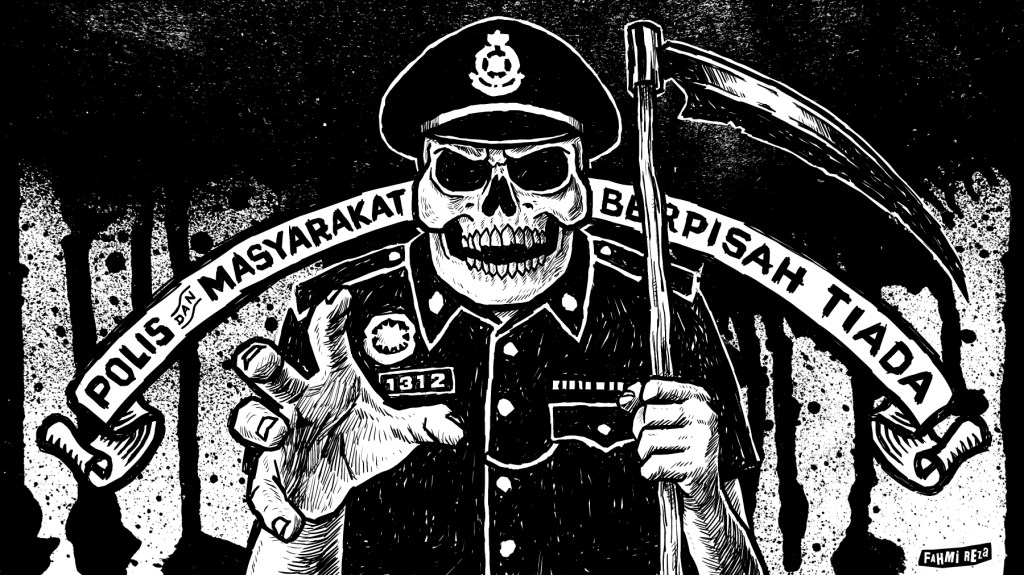For Malaysian homemaker Suthasini, the evening started out like any other.
In between preparing dinner, she checked her phone, toggling between Facebook and depressing news reports about never-ending lockdown measures and daily rises in COVID-19 infections. Her thoughts were soon interrupted by a call.
Videos by VICE
“Hello and good evening, Ma’am,” said a male voice on the other line. “I’m calling from the police. We have your husband Stan.”
Recalling harrowing news reports of Indian men, like her husband, who were abused by police officers and died in custody, Suthasini was overcome with fear. “Where’s my husband?” she asked, trying to conceal the panic in her voice. “I’d like to speak with him.”
“Don’t worry, Stan will be in touch soon,” the officer said in an almost casual tone, letting out a laugh. She recalled the conversation in a recent interview with VICE World News. Suthasini is a pseudonym; she did not want her or her husband to be identified by their real names to avoid retaliation from authorities.
The officer told her not to worry. “He first needs to answer questions we have about a robbery,” he said before hanging up. She broke down in tears.
It’s been more than three weeks since the call, and Suthasini hasn’t heard from her husband or the police since.
The police killing of 46-year-old George Floyd last year unleashed what might have been the largest-ever protest movement in U.S. history. Thousands took to the streets in Floyd’s name, calling for justice and demanding accountability for his murder at the hands of police officer Derek Chauvin, who in June was sentenced to more than 22 years in prison.
Floyd’s horrific death, which was filmed on a smartphone, may have sparked a monumental reckoning in the U.S. but on the other side of the world, men from racial minorities in Malaysia were continuing to die in police custody, with cases rarely making headlines outside the country and a pervasive culture of fear on the inside keeping many from speaking up.
In a span of less than three months this year, six ethnic Indian men—between the ages of 21 and 42—died under suspicious circumstances while in police detention. The latest death was a 25-year-old named Roopan Karnagaran, who died in prison in Selangor state. A local social welfare organization handling the case alleges that police were attempting to cover up Roopan’s death, noting major inconsistencies between accounts from doctors and prison officials.
The Royal Malaysian Police has also come under fire after shocking news reports and accusations of rape, sexual harassment and torture methods emerged, along with a bombshell revelation from the former police inspector general, who said a criminal cartel operated within the force. His stunning claim of long-standing corruption sparked calls for open and independent investigations.
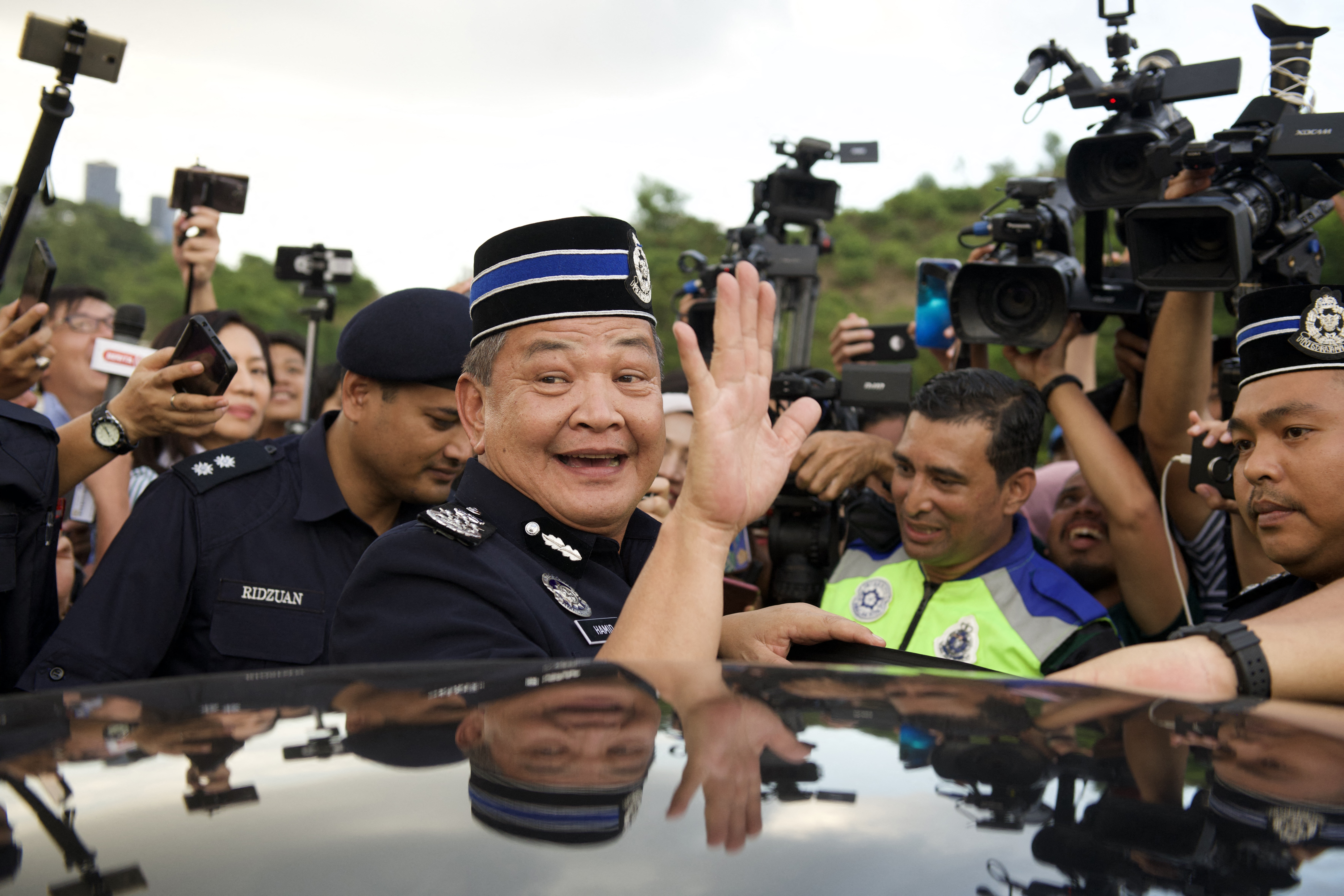
With the help of social media, lawyers and activists have been demanding action and reform on systemic injustices in the country, following the deaths in custody.
“It’s an open secret in Malaysia that corruption exists within the police force, and that officers can be easily paid off with bribes,” said lawmaker Charles Santiago, who also serves as chairman for the ASEAN Parliamentarians for Human Rights group. Santiago told VICE World News that even though the public had “very little faith” in the police to begin with, the force’s reputation had “deteriorated drastically” and hit “an all-time low.”
“Despite countless allegations and mounting evidence of abuse and misconduct, no police officer in Malaysia has ever been held accountable for their actions,” Santiago said.
“No police officer in Malaysia has ever been held accountable for their actions.”
He noted that police findings and reports have never been made public either. “Punishment, for what we know, has never been enforced,” Santiago said.
“There is zero transparency and a dangerous disconnect between the police and the law in Malaysia.”
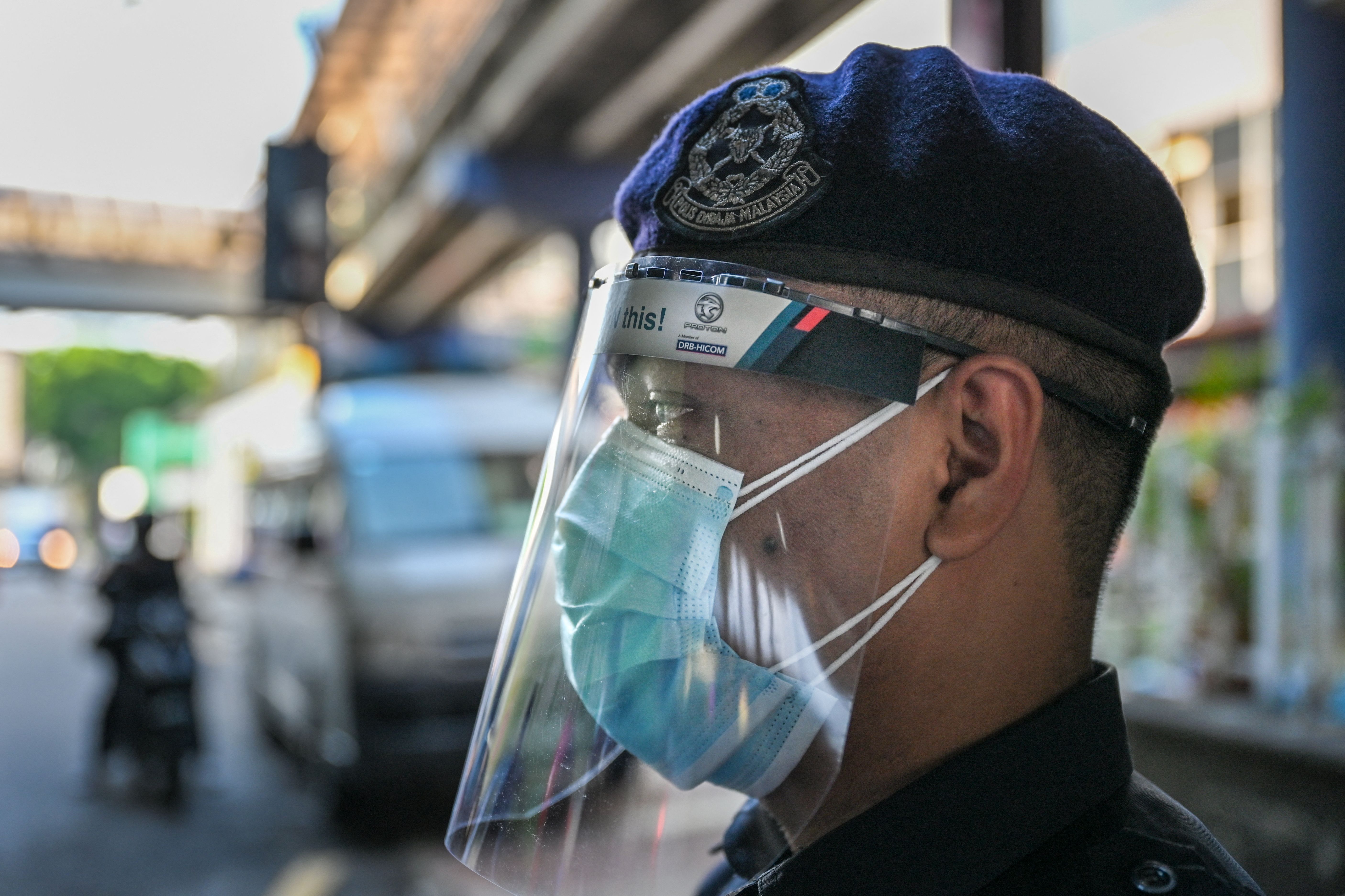
Those who do come forward to make public allegations have faced strong backlash from the authorities, according to several lawyers and human rights groups.
Malaysian lawyer K Ganesh is representing the families of two Indian men who recently died in custody. “I won’t waste time pushing for an inquest because I already know who was responsible for their deaths,” Ganesh told VICE World News. “The families don’t want money or compensation. They want justice and accountability.”
His clients want answers about what happened to A Ganapathy, a milkman who died a painful death in April after he was arrested and held for questioning about his brother; and 21-year-old Surendran Shanker, who was arrested on drug charges and died in hospital in May after complaining of severe abdominal pains while in prison.
Photos seen by VICE World News showed graphic images—bloodied bruises, facial swellings and swollen limbs. According to Ganesh there were witnesses who claimed they saw Ganapathy brutally assaulted while in custody, hit by a rubber hose and forcibly dragged across a road.
To date, Malaysian police have never acknowledged any wrongdoing when it comes to deaths in custody. Officers from the Gombak division, where Ganapathy was being held, strongly denied “foul play” and warned the public against further commenting on the death and making it a “racial issue”. They insist that there was “no evidence” Ganapathy had been assaulted while in their custody.
Ganesh, who was briefed by doctors on post mortem findings, expressed his frustration with the police. He said that officers had not been cooperative and even resorted to withholding crucial CCTV footage. “This is substantial evidence because it shows what happened to the men on the days leading up to their deaths,” Ganesh said.
“The Malaysian police are untouchable and effectively have a license to kill.”
“The Malaysian police are untouchable and effectively have a license to kill.”
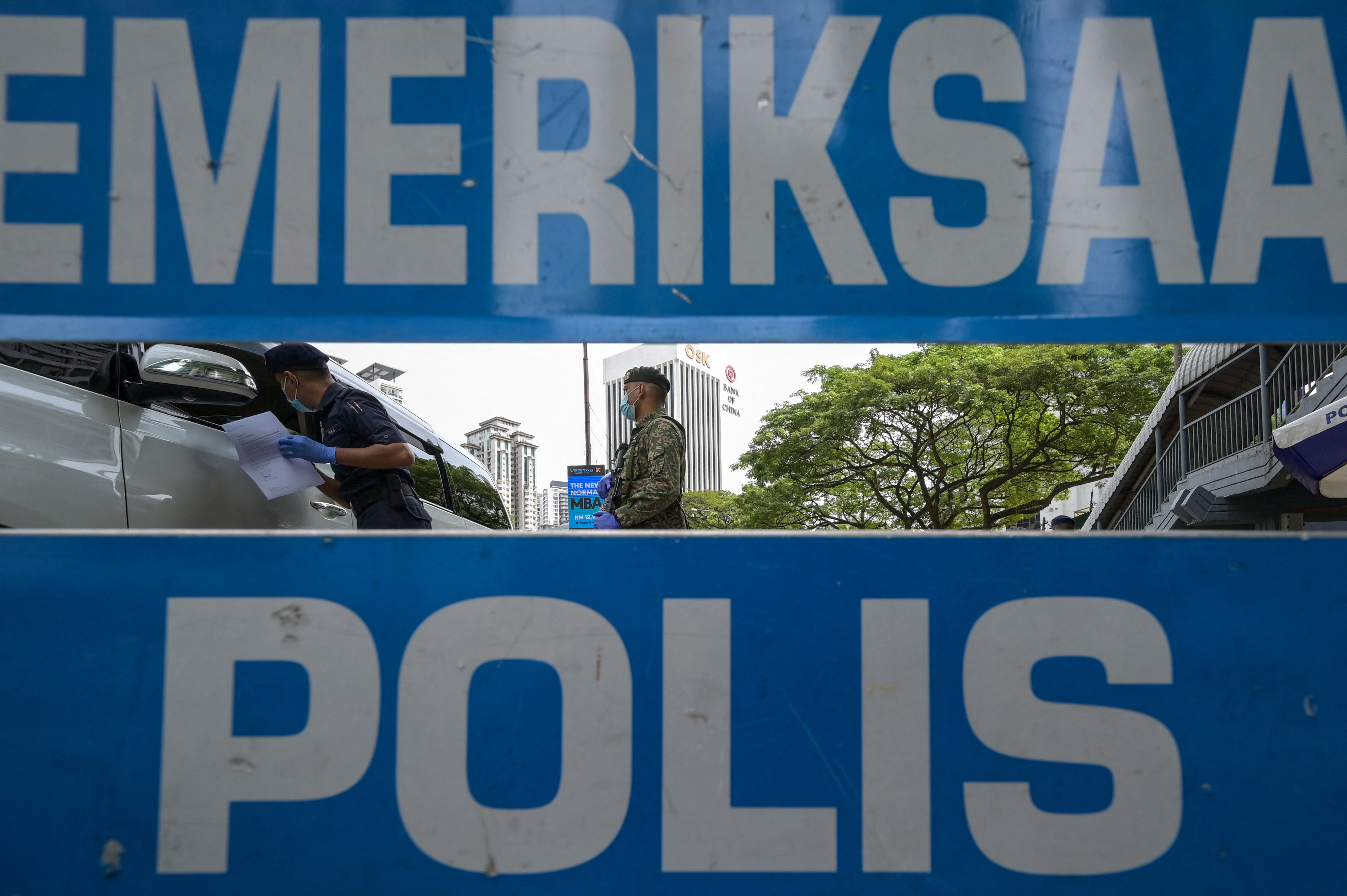
Indians are Malaysia’s third largest racial group after Malays and Chinese. But the community has long suffered from institutionalized racism and discrimination, social segregation and even violence from the larger and more dominant racial groups, according to observers, despite government claims of racial harmony and national unity.
Rights groups and watchdogs say the recent spate of custodial abuse and deaths involving Indians has been disproportionately high and alarming. Over 23 percent of custodial deaths were ethnic Indians, despite the community making up around seven percent of Malaysia’s total population, according to official statistics compiled by the Malaysiakini news portal in 2018. Overall, about 60 ethnic Indians died in Malaysian police custody between 2002 and 2016, according to government numbers.
“In any other democratic country with the rule of law, a death in custody would be treated as a serious matter and investigated thoroughly but this is not the case in Malaysia,” said Lawyers for Liberty, a Malaysian human rights group that has been closely documenting the recent deaths in custody. It highlighted in a report the challenges many families face when seeking justice and accountability for victims of police brutality, including “cover-ups, conflicting post-mortem reports, and obstructions in investigations.”
Amnesty International noted the lack of accountability mechanisms in Malaysia’s police force.
“There have been far too many cases of Indians dying in police custody in Malaysia and this rightfully raises questions of racial profiling and other issues faced by the community,” said Katrina Maliamauv, executive director of Amnesty International Malaysia.
Commenting on the recent custodial deaths, Maliamauv told VICE World News that countries with high rates of killings by police often shared similar factors like inadequate laws, systemic racism and discrimination, and well-entrenched impunity.
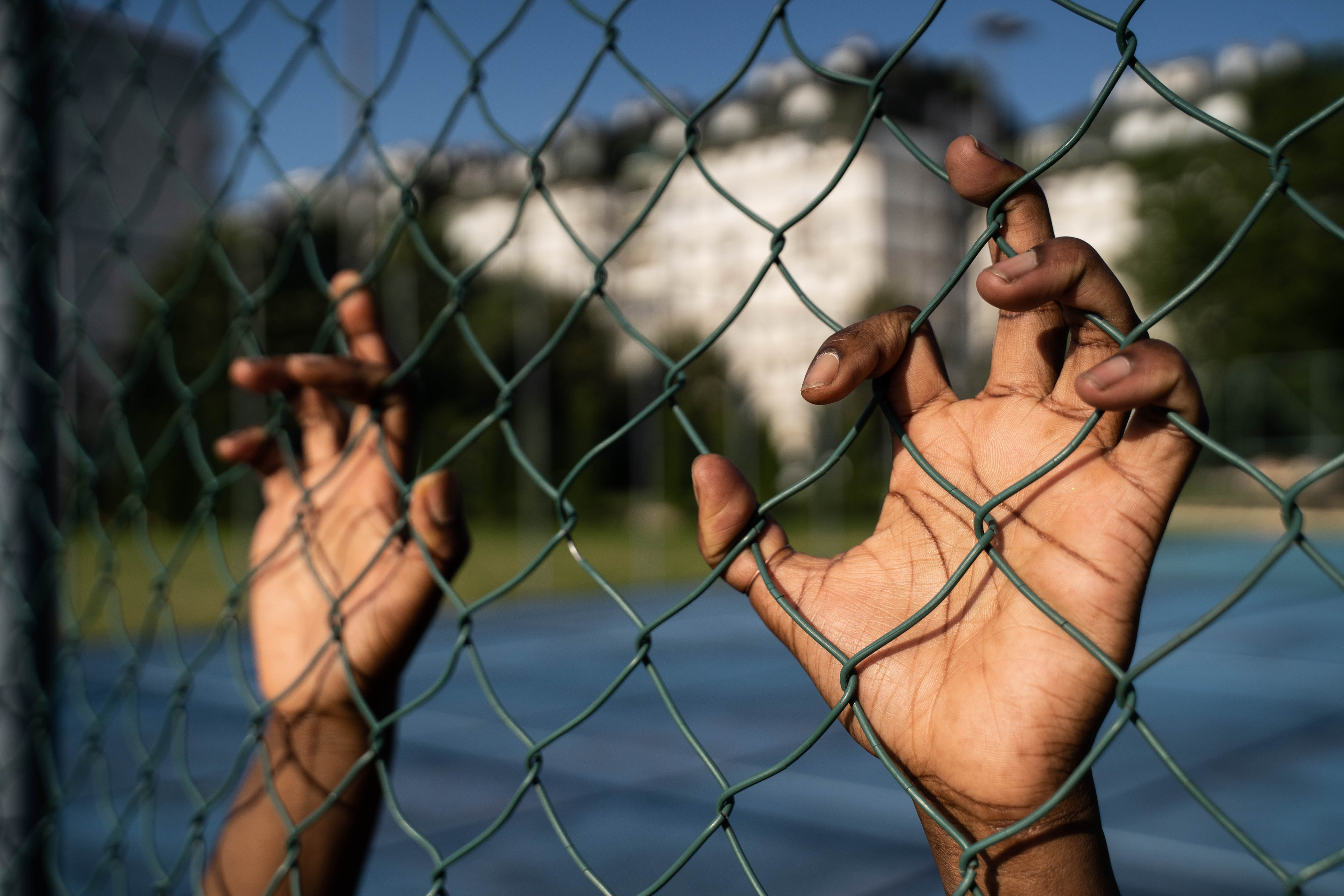
Malaysian lawyers and civil society groups drew parallels between George Floyd’s case in the U.S. and the events playing out in their country. They say that unlike what happened with Floyd, custodial deaths in their country have not brought officers to justice, or forced any reckoning of broader social issues.
“Police accountability in Malaysia is fundamentally flawed and misconduct among various bodies, like the immigration and prisons departments, continues to go unchecked,” said Yohendra Nadarajan, a director at EDICT, a group of lawyers and activists fighting against custodial abuses and deaths.
“Floyd had overwhelming support on the ground and that’s something we can learn from because we need our own awakening in Malaysia. We never see police officers charged or held accountable. This is an institutionalized problem that affects all Malaysians regardless of race.”
“Floyd had overwhelming support on the ground and that’s something we can learn from because we need our own awakening in Malaysia.”
Critics also point to what they call draconian overreactions to any scrutiny of alleged police misconduct. In June, police raided the offices of a group of filmmakers who produced a critically-acclaimed animation titled “Chilli Powder and Thinner,” which was based on the true life story of a teenage detainee’s brush with police brutality. Local journalists who have reported on the deaths in custody have also been called in for police questioning.
Watch the film Chilli Powder and Thinner
In emailed statements to VICE World News, opposition politician Syed Saddiq related his account of being questioned by the police this year after he shared videos on TikTok that demanded justice and accountability for what had happened to A Ganapathy. During a three-hour interrogation, he said that officers seized his phone and accessed his social media accounts.
The former Malaysian youth minister also spoke broadly about the issue of police brutality against the backdrop of racist stereotypes that plagued Indians in the country, who are often perceived as “gangsters and criminals.”
“Custodial deaths in Malaysia are a manifestation of our nation’s problems: corruption, institutionalized discrimination and racism,” he said.
“Indians are one of our most marginalized communities, and violence arising from abuse and discrimination towards them must end.”
VICE World News sent questions and interview requests to the Royal Malaysian Police by email and text message in June and July. The police did not respond. When contacted by phone, representatives at the police district headquarters in Johor repeatedly demanded the disclosure of source identities and made several disparaging comments about the reporter’s race and gender.
Rights groups were not surprised at the police’s behavior. Phil Robertson, deputy Asia director of Human Rights Watch (HRW), shared an encounter he had with Malaysian police in 2014. A team led by Robertson met with several senior officers to present their findings and discuss police reform in the country. The meeting became a “screaming match,” Robertson said, adding that he witnessed cops making “veiled threats” against HRW’s sources and allies.
“Our takeaway was that the Malaysian police believe they have the right to bully and intimidate anyone who challenges their side about deaths in custody,” Robertson said.
For many Malaysian Indians, it is a fearful time to be living in the country. Activist Roshinee Mookaiah, who raises awareness about the Indian diaspora online, told VICE World News that the deaths of Indian men in custody only reaffirmed what many in her community knew all along: that there was a “systemic refusal and failure” to protect those who were seen as being “not Malaysian enough.”
“The latent distrust against the police and the government that existed before has now grown into a feeling of informed fear,” Roshinee said.
“The men who died look just like our fathers, brothers, uncles and friends—their deaths matter. We now have clear, fatal references that there is less of a guarantee that either you yourself or your loved one will come out [of] such encounters without being traumatized in some way.”
But for the families, closure remains elusive.
Suthasini has yet to hear from her husband or the police, and due to complicated lockdown measures and a ban on interstate travel, she has been unable to arrange an appointment to see her husband or speak with officers at the station where he is being held.
On the advice of friends, she has sought legal counsel.
“I can’t sleep or eat,” she said. “I am worried about his health and safety.” She added that she was “fearing the worst.”
“I just want my husband to come home, alive and well.”
Follow Heather Chen on Twitter.
Correction: A previous version of this story misattributed a Lawyers for Liberty quote to Amnesty International. We regret the error.
